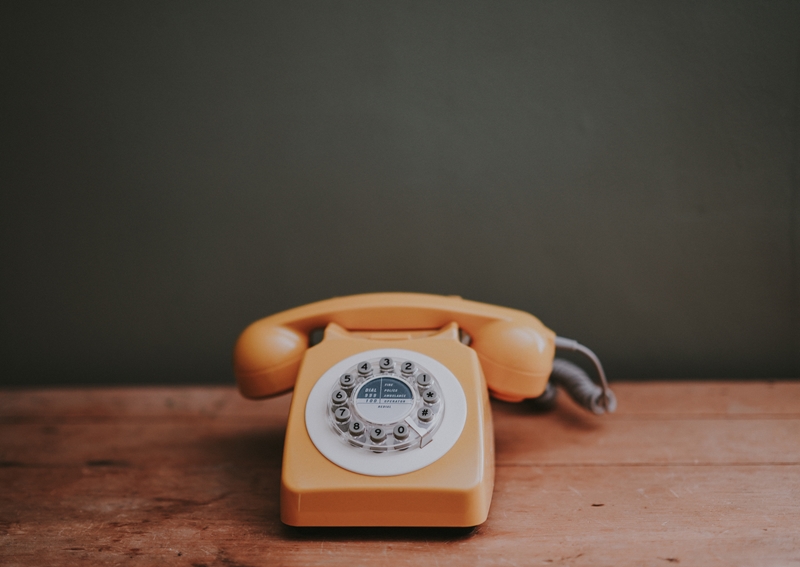Dental problems rear their head now and again, but it's understanding what constitutes a common issue and what's deemed a dental emergency that's important. Failure to recognise a more serious problem can result in further complications that are a lot harder to treat – and more costly.
Here are three examples of dental emergencies and what to do if you encounter any of them.
1. If you're dealing with a knocked out tooth
Whether as a result of a sporting incident or accident in the home, a knocked out tooth is a dental emergency that needs attention fast – more specifically within the hour. Teeth that have been knocked out have the best chance of being saved if reinserted within 60 minutes, so call your dental practice right away.
In the meantime, there are several things you can do to give your fallen tooth the best chance of survival:
- Pick up the tooth by the crown, not the root. Touching the root can damage the sensitive root tissues that help with reimplantation.
- If the tooth is dirty, rinse with water. Do not scrub!
- For adult teeth only, try placing the tooth in its socket. Make sure it's facing the right way and isn't forced in.
- If it's not possible to reinsert the tooth, pop it in a small glass of milk. The liquid is a great temporary preservative for a knocked out tooth as its chemical makeup is compatible with teeth.
Following these rules increases your chance of keeping the original tooth and minimises the risk of needing an implant.

2. If you have a broken, chipped or cracked tooth
No one can predict when or how a chipped, cracked or broken tooth will occur. However, it's how you deal with your dental dilemma that matters. If not treated quickly and effectively, your damaged tooth can soon evolve into something a lot worse. Here's what you should do if you're dealing with a broken, chipped or cracked tooth:
- Remove and save any broken pieces. Your dentist may be able to use these to fix gaps.
- Rinse the mouth using warm water to clean the mouth.
- Stop any bleeding by applying gauze to the affected area.
- Apply a cold compress to the outside of the mouth to reduce swelling.
- Call the dentist immediately to request an emergency dental appointment.
If you've cracked a tooth, depending on size, you may need a filling or a crown. Your dentist will assess the area and decide what the best course of action is for you.

3. If you have severe toothache or swelling
Severe toothache can be a sign of a number of dental issues including gum disease, cavities or tooth grinding (bruxism). If ignored, what seems like a problem that will go away on its own can cause further complications before you know it. Here's what you can do before contacting your dentist for an emergency appointment.
- Rinse the mouth with warm salt water to clean.
- Use floss to remove any trapped food caught between the teeth.
- If your mouth is swollen, apply a cold compress near the affected area to reduce swelling.
Doing the aforementioned is a great way to relieve pain before arriving for your emergency dental appointment.
If you're dealing with an issue like that of the three issues raised, call City Dentists right away. Our expert team can assess your situation and deliver the appropriate treatment quickly and effectively.
